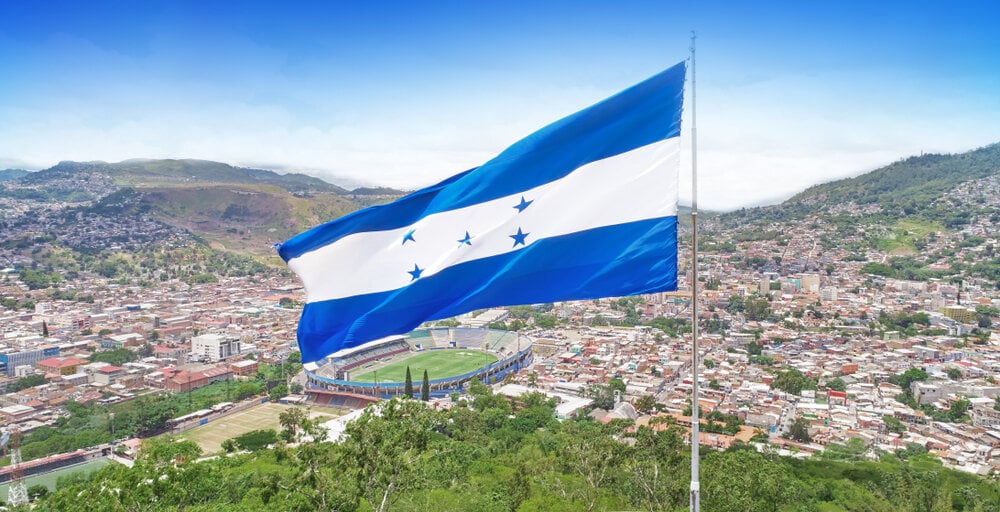Banks in the Republic of Honduras are prohibited from engaging in virtual currency transactions, according to a decree of the National Banking and Securities Commission of Honduras (CNBS), a move that runs counter to the growing trend of acceptance of virtual currencies in Latin America and other countries. I will do it. .
A CNBS circular issued last week and signed by CNBS President Márcio Giovani Sierra Disqua said that the government implemented the ban to protect the financial system and its people, given the legal invalidity surrounding the technology. Explaining.
“Cryptocurrencies, cryptoassets, virtual currencies, and other similar digital assets are not regulated, issued, or controlled by the Central Bank of Honduras. [but] “Any use as a financial asset and as a means of payment or investment within the country is carried out at the responsibility and risk of the person conducting such operations,” the document says.
The ban prohibits financial institutions and insurance institutions from “maintaining, investing in, intermediating, or operating cryptocurrencies, crypto assets, virtual currencies, tokens, or other similar virtual currencies not domestically or issued within the same country.” is prohibited. The document also prohibits these institutions from providing services to institutions that handle derivative transactions such as cryptocurrencies and crypto ETFs.
Meanwhile, the regulator is asking institutions to work on developing education plans to “inform about the potential risks of the use of cryptocurrencies, cryptoassets, virtual coins, or other similar virtual assets.”
This regulatory measure is in sharp contrast to the crypto-friendly policies emerging in the region.
Neighboring El Salvador has declared Bitcoin as legal tender, legalizing the use of all “digital assets” as a means of payment.
Argentina is expected to pursue a crypto-friendly approach under new President Javier Millei, despite Millei's inconsistent opinions on Bitcoin. His view is that Bitcoin, and all cryptocurrencies, are a natural reaction from the private sector to accuse proponents of promoting a crypto Ponzi scheme, as they see Bitcoin and all cryptocurrencies as worthless fiat substitutes. changed to praise.
Venezuela has a legal system that allows virtual currencies as a means of payment, and Brazil has also passed a bill legalizing virtual currency payments, making it the country with the most virtual currency ETFs traded on its national stock exchange. ing.
Honduras' derivatives ban is noteworthy considering that the US approved 11 Bitcoin spot ETFs on January 10th. This prompted a strong recovery in Bitcoin market prices and a sharp rise in the overall cryptocurrency market, with market capitalization rising from $1.7. Up to $2 trillion.
Across the Pacific, Japan recently approved cryptoassets as viable investments for venture capital firms. This legal reform, part of Japan's “new capitalism” policy under Prime Minister Fumio Kishida, will actively foster the domestic Web3 industry, strengthen the strategic investment environment, and support local start-ups. The purpose is to
On February 16, 2024, Japan's Cabinet approved the inclusion of virtual currencies among the assets that local investment limited partnership (LPS) companies can acquire or hold.
Japan's legislative action comes as Japan's top financial regulator, the Financial Services Agency (FSA), will suspend cryptocurrency P2P trading activities if the sender's name differs from the account name. This was done immediately after proposing measures to crack down on ”
Honduras' central bank did not respond to a request for comment. Decryption.


